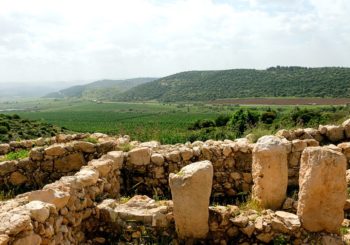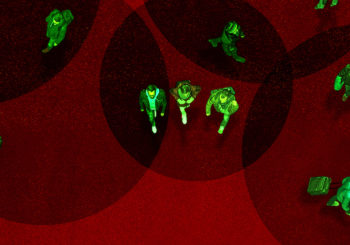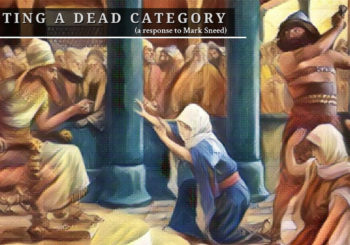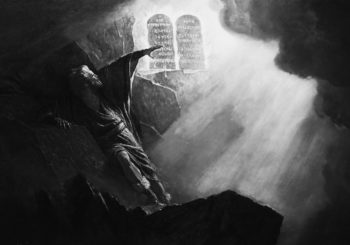The People-Forming Passover in Exodus
In chapter 12 of the book of Exodus, the long-awaited deliverance of the Children of Israel from their centuries of bondage in Egypt is finally at hand. But, for its own good reasons, the Torah does not go straight to the event.
Instead, the departure from Egypt, to be accomplished in consequence of the tenth and final plague—the death of Egypt’s firstborn—is preceded among the Children of Israel first by the communal enactment of a ritual sacrifice and meal and then by clear instructions regarding a special commemorative practice that the Israelites must follow in the future, indeed forever: the annual seven-day festival of Passover.
Passover in Exodus
The one-time enactment is a modest (yet impressive) people-forming event, as each family declares its willingness to be delivered by killing a lamb, marking the doorposts of the house with its blood, and eating the prescribed meal of fire-roasted lamb, flatbread (matzah), and bitter herbs. The annual commemorative practice will be an elaborate people-renewing event, as each family relives the deliverance by telling its story and by re-creating the festive meal.
Leon R. Kass, “The People-Forming Passover,” adapted from Founding God’s Nation: Reading Exodus, forthcoming from Yale University Press in January 2021.
Kass is an American physician, scientist, educator, and public intellectual. He is currently the Addie Clark Harding Professor Emeritus in the College and the Committee on Social Thought at the University of Chicago and the Hertog Fellow at the American Enterprise Institute. His books include The Hungry Soul: Eating and the Perfecting of our Nature and The Beginning of Wisdom: Reading Genesis.
Did you enjoy this article? Check out our podcast. If you like it, be sure to rate and review.




